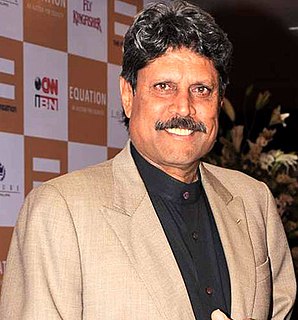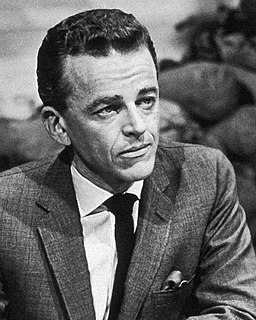A Quote by Lauren Gibbs
I am used to being places where I don't speak the language. What I am not used to is being in a part of a country where few people speak my language. Call it ignorance, arrogance, or what have you, but most places I have visited, I was lucky enough to be able to get by with English.
Related Quotes
Most English speakers do not have the writer's short fuse about seeing or hearing their language brutalized. This is the main reason, I suspect, that English is becoming the world's universal tongue: English-speaking natives don't care how badly others speak English as long as they speak it. French, once considered likely to become the world's lingua franca, has lost popularity because those who are born speaking it reject this liberal attitude and become depressed, insulted or insufferable when their language is ill used.
I have a funny relationship to language. When I came to California when I was three I spoke Urdu fluently and I didn't speak a word of English. Within a few months I lost all my Urdu and spoke only English and then I learned Urdu all over again when I was nine. Urdu is my first language but it's not as good as my English and it's sort of become my third language. English is my best language but was the second language I learned.
I was so unsuccessful for so long. I was used to the word no. I was used to you're not good enough or not quite there or you need to fix this about you. So I am honestly walking in faith every single day that I am going to be able to handle whatever God has for me. I am not used to being in a place where people appreciate my work and understand my work and want to be a part of my work and getting something out of my work because for so long it was so misunderstood. The success part for me is the hardest part and everyday I'm still battling.
It's just nice to be able to communicate and be able to identify with a lot of different cultures. I have no idea what it would be like to be just one thing and speak one language. I feel enormously privileged to travel and be able to mingle and speak to people that, had I only known English, I wouldn't have been able to meet.
When you speak a foreign language, you become someone else. If you aren't used to speaking a language, and you start speaking it again, for the first few sentences you'll find yourself in very strange shape, because you're still the person who was speaking the first language. But if you keep speaking that language, you will become the person who corresponds to it.





































